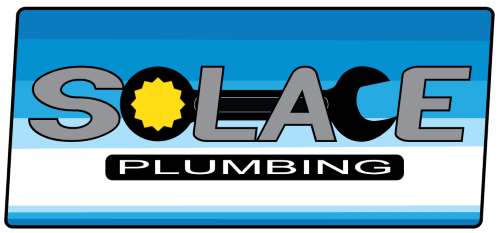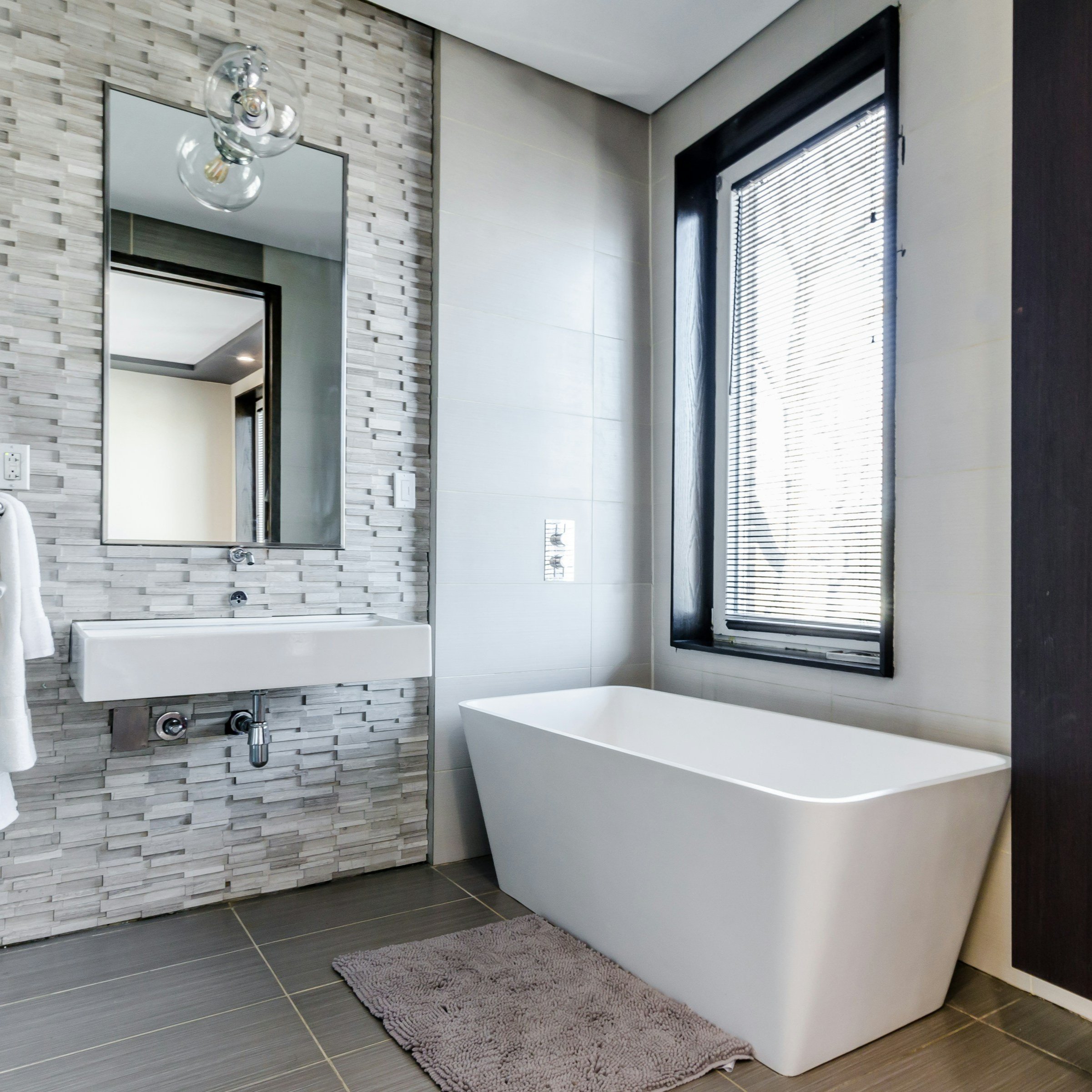The Effect of Plumbing on Indoor Air Quality
Proper plumbing maintenance and addressing potential issues can significantly improve indoor air quality.
Indoor air quality is significant to maintaining a healthy living environment. While multiple factors contribute to indoor air quality, the role of plumbing is often overlooked. Proper plumbing maintenance and addressing potential issues can significantly improve indoor air quality. Understanding the impact of plumbing on indoor air quality is essential for homeowners looking to create a safe and comfortable home.
Preventing Mold and Mildew Growth
One primary way plumbing affects indoor air quality is by preventing mold and mildew growth. Leaks, visible or hidden, create moist environments where mold and mildew can thrive. These fungi release spores into the air, which can cause respiratory problems, allergies, and other health issues. Routine inspections and maintenance by professional plumbers can identify and repair leaks, preventing mold and mildew from taking hold.
Controlling Humidity Levels
Plumbing systems play a significant role in controlling indoor humidity levels. High humidity can encourage the growth of mold, mildew, and dust mites. Leaking pipes, faucets, or fixtures can also increase indoor humidity, leading to poor air quality. Verifying that all plumbing components are in good condition and functioning correctly helps maintain optimal humidity levels.
Preventing Sewer Gas Leaks
Sewer gas leaks are another way plumbing can impact indoor air quality. Sewer gases, including methane, hydrogen sulfide, and ammonia, can enter a home through cracked pipes, dry traps, or faulty vent systems. These gases not only produce unpleasant odors but can also pose serious health risks. Methane is highly flammable, while hydrogen sulfide can cause respiratory problems and other health issues. Professional plumbers can inspect and repair sewer lines and vent systems to prevent these gases from entering the home, certifying a safe and healthy indoor environment.
Eliminating Chemical Contaminants
Chemical contaminants from plumbing materials and cleaning products can also affect indoor air quality. Older plumbing systems may use materials that can release adverse chemicals into the air, such as lead pipes or certain types of sealants and adhesives. Upgrading to modern, non-toxic materials can reduce the release of these contaminants.
Addressing Water Damage
Water damage from plumbing issues can lead to various air quality problems. Damaged pipes, leaks, and flooding can cause structural damage to a home, creating conditions conducive to mold growth and releasing volatile organic compounds (VOCs) from building materials. Protecting water damage and repairing affected areas is vital for maintaining good indoor air quality. Professional plumbing repair services can quickly and effectively deal with water damage, preventing long-term issues.
Verifying Proper Ventilation
Proper ventilation is needed to maintain good indoor air quality, and plumbing plays a role. Bathrooms and kitchens, where plumbing is most concentrated, require adequate ventilation to remove excess moisture and odors. Installing and maintaining exhaust fans in these areas can help verify that air circulates appropriately, reducing humidity and preventing the buildup of pollutants. Professional plumbers can install and maintain these systems, verifying they function effectively.
Regular Maintenance and Inspections
Regular plumbing maintenance and inspections are key to preventing indoor air quality issues. Professional plumbers can identify problems before they become serious, such as small leaks, outdated materials, or improperly installed systems. By addressing these issues promptly, homeowners can prevent mold growth, chemical contamination, and other air quality problems. Scheduled inspections by licensed plumbers help maintain the plumbing system's overall health and indoor air quality.
Upgrading Plumbing Systems
Investing in plumbing upgrades can significantly enhance indoor air quality. Modern plumbing systems are structured to be more efficient and environmentally friendly, reducing the risk of leaks and contamination. Upgrading to water-efficient fixtures, non-toxic materials, and advanced ventilation systems can improve plumbing performance and air quality. Professional plumbers can recommend and install these upgrades, providing long-term benefits for the home.
Educating Homeowners
Educating homeowners about plumbing maintenance for indoor air quality is essential. Understanding how plumbing issues affect air quality helps homeowners proactively maintain their systems. Professional plumbers can provide valuable information and tips on maintaining plumbing systems and improving air quality. Simple actions, such as fixing leaks promptly, using non-toxic products, and certifying proper ventilation, can make a significant difference.
Plumbing profoundly impacts indoor air quality, from preventing mold and mildew growth to controlling humidity levels and eliminating chemical contaminants. Regular maintenance, prompt repairs, and strategic upgrades can ensure a healthy indoor environment. Trusting professional plumbers for inspections, repairs, and installations is crucial for maintaining the plumbing system and indoor air quality. By addressing plumbing-related air quality issues, homeowners can create a safer, healthier living space for their families.
Solace Plumbing is a licensed commercial and residential plumber with 26 years of experience in Gilbert, AZ. We provide the East Valley with a wide range of plumbing services, including 24-hour emergency service. Some of our specialties include bathtub and shower, drain installation and cleaning, faucet installation and repair, and garbage disposal installation and repair. Commercial work includes restaurants, school districts, and tenant improvements. Call us to learn more.

